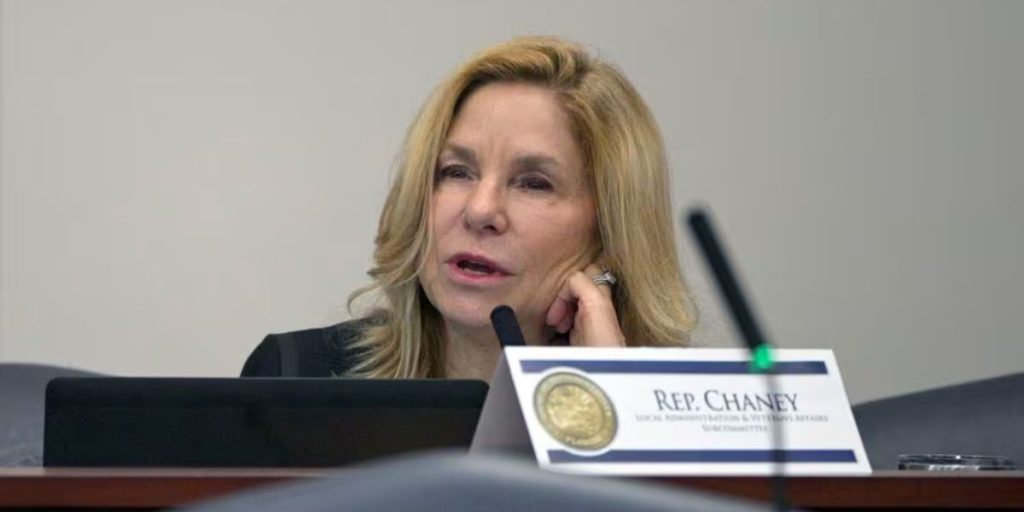The Florida House recently approved a plan to amend child labor regulations for 16 and 17-year-olds, sparking debate. The name is HB49, and it changes work-hour laws and reduces the number of breaks required for teens.
Here is the gist:
- Teens can now work more than 30 hours per week during school and beyond 11 p.m.
- The initial concept eliminated all hour caps for these students. Pushback reduced this to no work before 6 a.m. or after 11 p.m. on school evenings.
- The law intends to eliminate the four-hour break limit and align teen breaks with adult norms. In Florida, this might imply no mandatory breaks for working teenagers.
- The House carried it 80 to 35, over Democratic opposition. Critics are concerned for minors’ health, education, and risk of exploitation, citing a 60% increase in labor code infractions from 2021 to 2022.

Supporters, including Rep. Linda Chaney and right-wing groups, claim that it benefits both youth and businesses facing workforce shortages, particularly in hospitality and retail. They believe that it maintains hazardous occupational limits for teenagers while also aligning with federal legislation and practices in other states.
The Senate version retains some of the old laws while allowing teens to work longer hours on holidays and Sundays, as well as until midnight or 5:30 a.m. before school.
Critics voice the alarm. They claim it is detrimental to teenagers’ academic performance and health. Teachers and opponents are concerned that increased workload would result in fatigued students. This could negatively impact their academics and health.
Dems attempted to include teen worker protections. They desired water breaks and work-hour limits for sleep. No dice. Critics perceive a reversal of child health and education laws. For example, the campaign for later school start times to allow students more sleep.